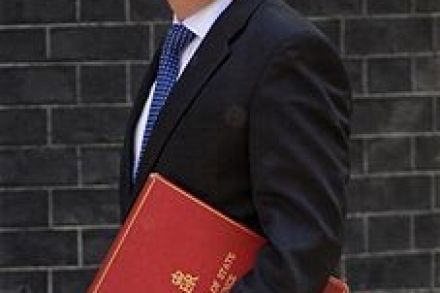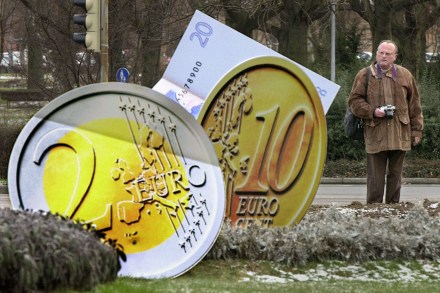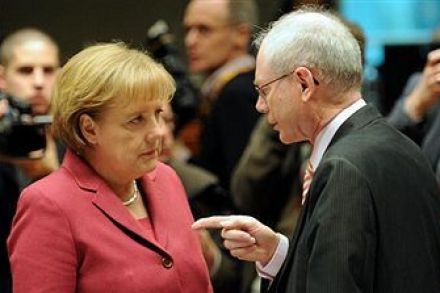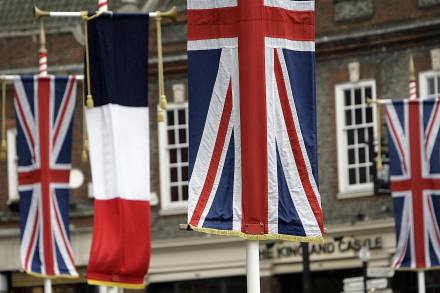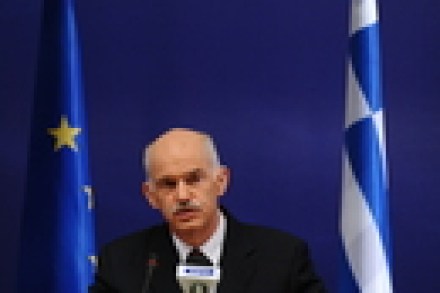The Liberaltarian Future?
Liberaltarianism is, in case you haven’t been following this mildly esoteric debate in Washington, the notion that rather than hitch their wagons to conservativism American libertarians and libertarian-minded folk should also explore relations with (US) liberals in order to further the libertarian agenda. This has proven an oddly controversial idea and, generally, has been dismissed as a) a joke, b) a fool’s errand or c) simply impossible. Now Brink Lindsey, who first coined the awkward term “liberaltarian” in a now famous-for-DC essay in the New Republic and his colleague Will Wilkinson* are leaving the libertarian Cato Institute. This has tongues wagging. In some circles anyway. See Tim Carney’s Washington Examiner




